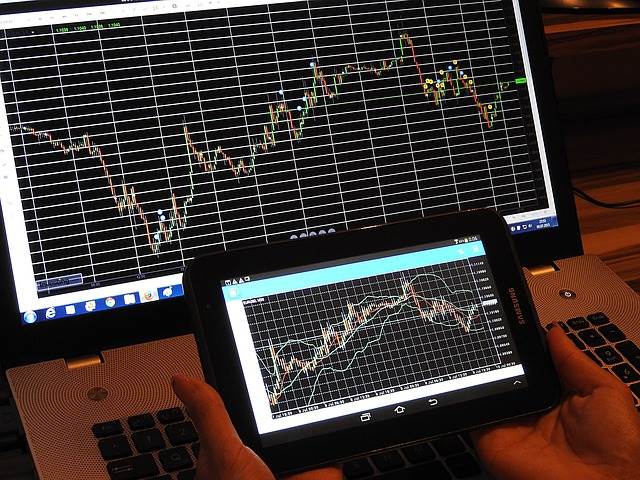 Global finance officials wrapped up their fall meetings earlier this week pledging to “employ all the right tools” to combat the weakest global economic growth in a decade, but there was little evidence of progress in easing trade tensions, a major source of recession. The 189-nation IMF's policy-making committee said in a final statement that economic growth should accelerate next year. Officials acknowledged that a range of factors could undermine those expectations, including continued trade battles and increased geopolitical risks.
Global finance officials wrapped up their fall meetings earlier this week pledging to “employ all the right tools” to combat the weakest global economic growth in a decade, but there was little evidence of progress in easing trade tensions, a major source of recession. The 189-nation IMF's policy-making committee said in a final statement that economic growth should accelerate next year. Officials acknowledged that a range of factors could undermine those expectations, including continued trade battles and increased geopolitical risks.
"We recognize the need to resolve trade tensions and support the necessary WTO reform," the statement said. The statement did not address the means to achieve this.
There was no evidence that discussions on the sidelines of the meetings resulted in any breakthrough in trade disputes initiated by President Donald Trump as part of his tough approach to stronger enforcement of US trade laws to reduce America's huge trade deficit.
US Treasury Secretary Stephen Mnuchin, in remarks to the IMF committee, said the administration's goal was to prepare "a basis for future growth through fairer trade deals." Negotiations last week between the United States and China, the world's two largest economies, made "significant progress" in the first phase of a trade deal to resolve US accusations that China is stealing intellectual property, Mnuchin said.
While the Trump administration has suspended a $ 250 billion tariff increase on Chinese products due to come into force last week, few details about the deal have been announced and more important details have not been disclosed. US officials said negotiations to conclude the details were still underway.
IMF Managing Director Kristalina Georgieva said the threat from trade wars was a major discussion point for finance officials.
The IMF has estimated that tariffs already imposed or enforceable could reduce 0.8% of global economic growth by the end of next year. This stems from the repercussions of business confidence. In trade wars, “everyone loses,” she said. “Policymakers must take seriously their commitments to international cooperation in trade.”
World Bank President David Malpas said the financial discussions this week focused on how to address multiple challenges. "Growth is slowing, investment is slow, manufacturing activity is weak and trade is weakening," he said. “Climate change and vulnerability make poor countries more vulnerable.”
He said the World Bank is committed to helping meet these challenges to provide a better life for the 700 million people in the world living in extreme poverty.
The International Monetary Fund recently predicted that the global economy will grow by 3% this year, the weakest in a decade, and said 90% of the world is seeing a decline in growth. But the IMF expects growth to accelerate slightly to 3.4% in 2020, below the 3.6% rate in 2018.
